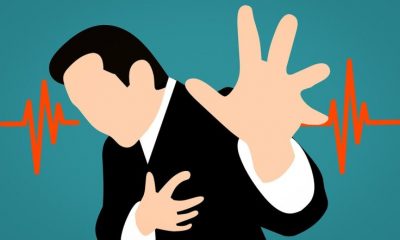e all are familiar with Rapid Eye movement (REM) sleep. It is the phase in our sleep cycle that is characterized by the movement of our eyes, and during which dreams occur. But, till now, why this eye movement happens was largely a mystery. As part of a new study, scientists have found a reason behind this eye movement.
An experiment was conducted on mice by researchers from the University of California, during which the brains of sleeping rodents were observed and conclusions were derived.
The results gave a clear answer. It sided with the scanning theory hypothesis, which assumes that during REM sleep the eyes happen to be keeping track of the virtual scenery in their dreamland.
The theory might sound reasonable, but is challenging to support experimentally. Previous studies on humans have depended on awakened sleepers self-reporting their dreams, which researchers compared to their eye movements. However, this approach is not rock-solid and leaves room for doubt.
Moreover, not all studies find a correlation between rapid eye movements and dream imagery.
To circumvent the difficulties of studying the rapid movement of our eyeballs beneath their lids — termed as saccades — in humans, the researchers used mice as a substitute.
In particular, they measured the neural activity in the mouse thalamus that is in charge of pointing the head in a particular direction. This was achieved by implanting small probes, while allowing them to freely explore their environments in an awake state. Simultaneously, a series of cameras captured every movement of their eyes.
In awake mice, saccades tend to align with head movements as mice travel the real world.
When the test subjects took a nap, the sensors kept on recording. Baselines in neural activity and saccades found during the waking phases were then used to compare the likelihood of the eye movements during REM being associated with their intended direction through their virtual world.
The results provided objective evidence of a link between the mouse’s rapid eye movements and the brain’s control over head movements, and were published in the journal Science.
It’s the most direct evidence for the scanning hypothesis one can get without replicating similar measures on a human brain – an invasive procedure that is not entirely unheard of before.
ScienceAlert reported that “according to a commentary by neurologists Cathrin Canto and Chris De Zeeuw from the Netherlands Institute for Neuroscience, reading the eye movements during sleep could help inform therapies for improving memory or managing trauma.”
“Muscle twitches, which also frequently occur during REM sleep, might be related to the internal heading cues provided by rapid eye movements, and analyses of these might give further information about dreams,” Canto and Zeeuw wrote in a statement.
















